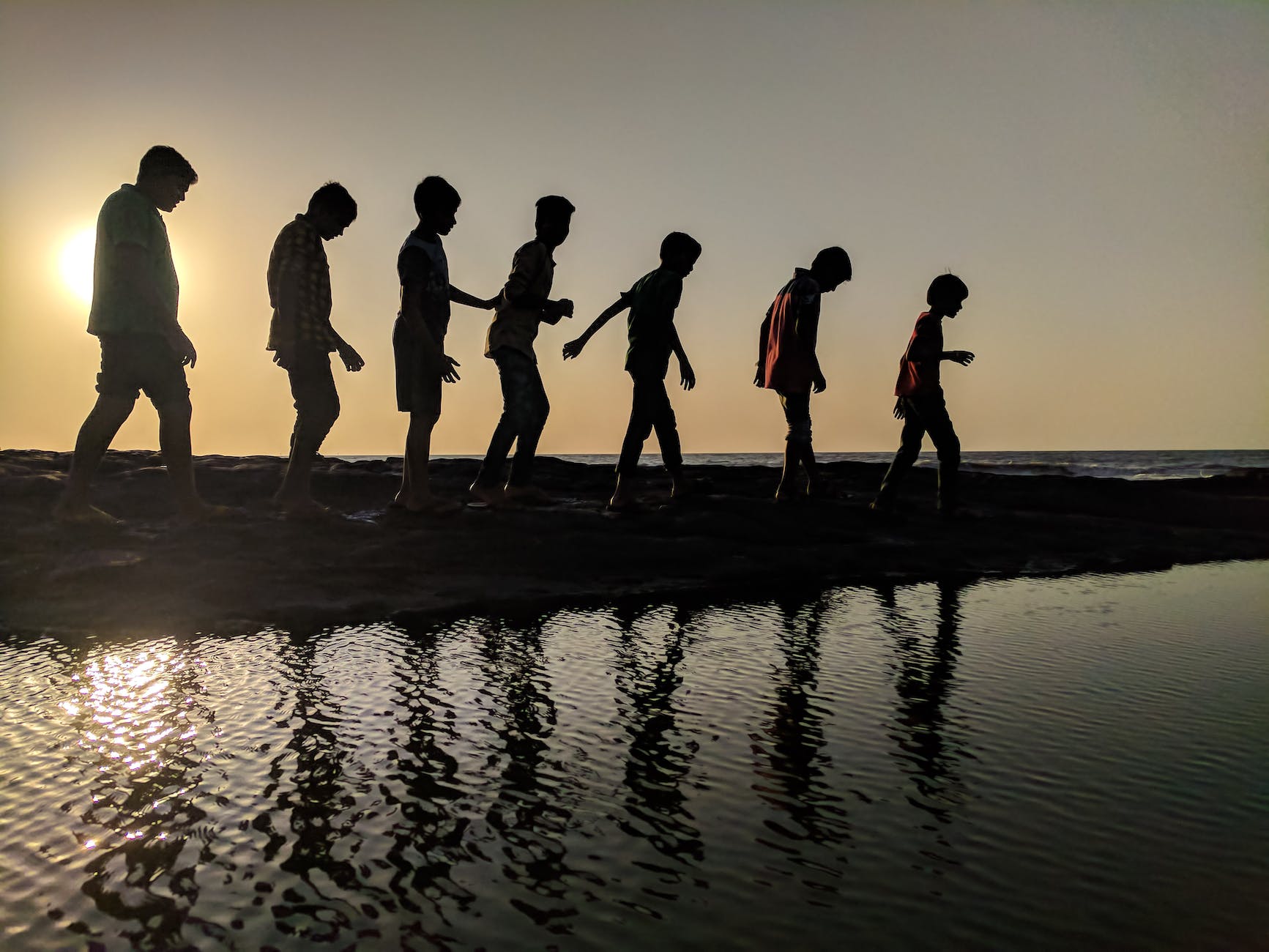
When you find out that you or someone you know, has a neurodiversity, one thing everyone is interested in, is how many people also look at the world with a similar lens.
People want to understand their community, how to connect with others and see if they know others who might be also in the community.
Rest assured, there is a community with a growing awareness in how to support each other and get the support out there for each other. We found it took a bit of time and effort to connect the dots and find the right people, but there are many lovely and supportive people out there who would love to help you on your journey.
The scale of neurodiversity can be difficult to quantify, with many having something like ADHD, but function through life, pushing uphill against the system, without realising that they had something that was impacting them working in the mainstream system. There is also a lot of crossover with people having multiple neurodiversity’s at one time , like our son, with Dyspraxia as well as ADHD. Do we double up on the numbers or count unique individuals.
According to Acas, around 15% of the general population are neurodivergent. With the New Zealand school student population around 765,000 students, it means around 115,000 are effected with one or multiple neurodiversity’s. When we looked through various sources in New Zealand, it seems that the number of school students who are reasonably to significantly impacted in having success at school through a neurodiversity, is around 50,000-60,000 students.
Let’s look at what the neurodiversity’s are:
- Autistic Spectrum Disorder
- Dyspraxia
- Dyslexia
- Attention Deficit Hyperactivity Disorder (ADHD)
- Dyscalculia
- Dysgraphia
- Meares-Irlen Syndrome
- Tourette Syndrome
- Obsessive Compulsive Disorder (OCD)
- Synesthesia
- FASD or Foetal Alcohol Spectrum Disorder
At NeuroPower, we have tactics and support systems that are tested and practical for each of these neurodiversity types. We offer a safe space to learn and enjoy that learning.
In this blog series, we will be working our way through each of these and discussing some things that will hopefully help inform you along the way
